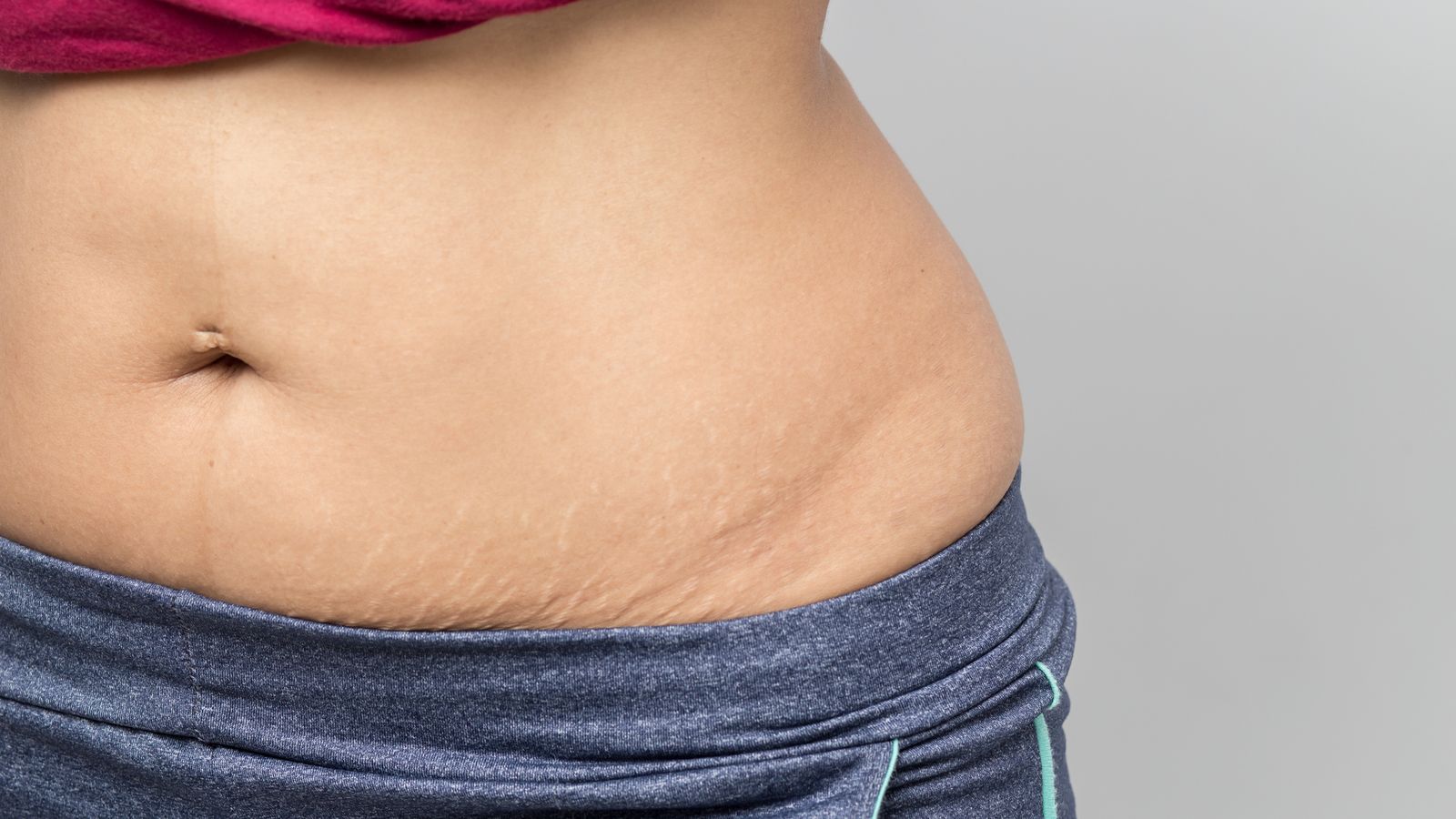Unrealistic photos of post-baby bodies on social media could be placing extra stress on a new mums and lead to worse body satisfaction, a study has found.
Most images of women posted on Instagram tagged with #postpartumbody do not reflect the actual population of new mothers, researchers said.
Around 1,000 images are uploaded to the social media site under the hashtag every day, the study discovered.
As part of their research, the authors examined 600 photos posted with the tag for body fatness and muscularity.
They found 37% of the images had “low” body fat and 54% were deemed to be “average”, while around half had “visible” or “high” muscle definition.
The study, which is being presented at the International Congress on Obesity in Australia, also discovered that four in 10 women in the photos were wearing work out clothes.
The authors explained that women with higher body fatness are less likely to post images of themselves on Instagram, and viewing images of new mothers with lower body fat “may worsen body satisfaction at this already vulnerable life stage”.
Elon Musk’s Twitter deal is back on – but will he back out for a second time?
Andrew Tate: The lingering influence of the social media star
Andrew Tate: YouTube follows Instagram and Facebook to ban controversial influencer from its platform
One of the authors, Dr Megan Gow, from the University of Sydney, added that some women may “be struggling with feelings of inadequacy” after giving birth.
“These images are presenting an ‘idealised’ version of the postpartum body, which may contribute to body dissatisfaction in postpartum women who view such imagery,” she said.
Please use Chrome browser for a more accessible video player
How can the problem be tackled?
The findings have also suggested that health information on the social media site might be “necessary” to tackle the negative effects.
“Given that Instagram is highly accessed by women during the postpartum period, the inclusion of health information may be necessary to interrupt the potentially harmful content observed in our study,” the authors added.
Read more:
Calls for warnings to be used on doctored images
‘Taking innocence from children’
Does Spotify have a problem with hate speech?
“This may include information targeting diet, exercise, infant feeding and psychological well-being to optimise postpartum health.”
Fitness influencer Chloe Madeley has been praised for sharing her insecurities after giving birth, telling her followers she felt “jealous” of “other women in nice normal clothes” and could not imagine ever “feeling sexy again”.
“Your journey might (likely will) look entirely different. No two pregnancies, childbirths or postnatal recoveries will look the same,” she said in a post.






















